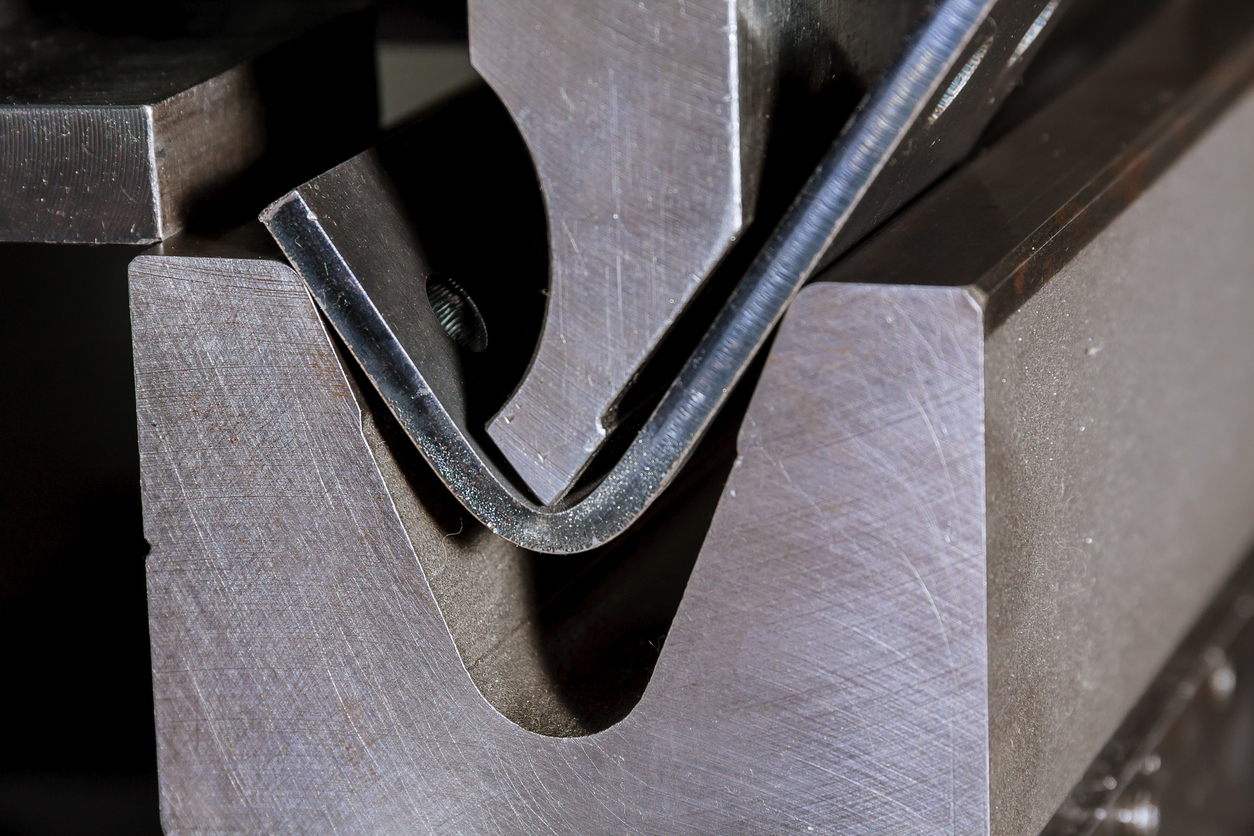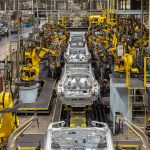How MetalQuest Built a Scalable, Resilient Operation When Others Were Cutting Back
By Adam Arnold
For CEO Today Magazine
In most manufacturing companies, the future gets postponed in favor of the urgent. But at MetalQuest Unlimited, founder Scott Harms has spent nearly three decades investing in what's next—before most competitors saw the writing on the wall.
That mindset helped MetalQuest navigate COVID, a global supply chain breakdown and increasing international instability, not by surviving—but by expanding. With two facilities (Nebraska and Idaho), 19 robots, and high-volume multitasking equipment running lights-out production, the company now thrives in sectors where others are still scrambling.
“We didn’t build MetalQuest to ride the wave,” Harms says. “We built it to weather storms.”
Built on Process, Not Promises
Harms founded MetalQuest in 1996 at the age of 22 with no customers, a single multitasking lathe, and a focus on eliminating wasted time and unnecessary handoffs. At a time when multitasking equipment was rare and automation wasn’t a factor, he saw a better way to produce high-tolerance parts with minimal intervention.
That mindset grew into an entire company culture. Every investment is evaluated based on its ability to increase control, speed up delivery, or reduce friction for the customer.
Today, MetalQuest handles every part of the process in-house: raw material procurement, machining, finishing, inventory management, and logistics. The result is stability, speed, and a level of service that can’t be outsourced.
Tariffs Didn’t Hurt MetalQuest. They Helped Filter the Field.
Where others flinched at tariffs, MetalQuest saw clarity. Many competitors built their supply chains on overseas pricing. MetalQuest focused on execution.
“You can’t win by being the cheapest,” Harms says. “You win by being better. By giving the customer fewer things to worry about.”
MetalQuest’s customers get consistent quality, reliable timelines, and full process ownership—without needing to chase down multiple vendors or worry about freight from across the world.
It’s not about being nationalistic. It’s about being accountable.
COVID Wasn’t a Pause. It Was a Pivot Point.
In 2020, MetalQuest was 75% dependent on oilfield work. When the market collapsed, they didn’t downsize. They retooled the business, pushed into new sectors like agriculture and power transmission, and reduced oilfield exposure to 15%.
They also opened a second facility in North Idaho.
The move was strategic. It gave the company a fresh labor pool, a new customer base, and the opportunity to diversify its equipment lineup without duplicating the Nebraska operation. The Idaho facility runs high-output, multi-spindle equipment tailored to larger volumes—machines that didn’t exist in the original location.
The two sites now operate as complementary hubs with distinct capabilities, increasing range and resilience.
What Leadership Looks Like Now
Harms doesn’t refer to himself as “the boss.” He views himself as a coworker with a different role—one focused on removing obstacles, building teams, and giving smart people room to succeed.
“We hire people who want to push themselves,” he says. “Give them the tools, let them teach you something, and get out of their way.”
MetalQuest invests heavily in its robotics and automation team. Every new system is integrated in-house, and every robotic cell is built for adaptability. The company also cross-trains employees, encourages knowledge-sharing, and builds a culture around discipline, not hierarchy.
This approach has helped MetalQuest stay lean while increasing output, hold margins without cutting corners, and retain talent in a highly competitive labor market.
The Bottom Line
MetalQuest isn’t immune to global shifts. It’s just better positioned for them. By focusing on process control, automation, and full-scope customer service, the company has become a model of how modern manufacturing can scale without sacrificing precision or flexibility.
“Everything we’ve done was built to last,” Harms says. “It’s not about being flashy. It’s about being ready for whatever comes next.”
For other leaders trying to navigate the volatility ahead, MetalQuest offers a clear lesson: resilience isn’t reactive. It’s engineered.













